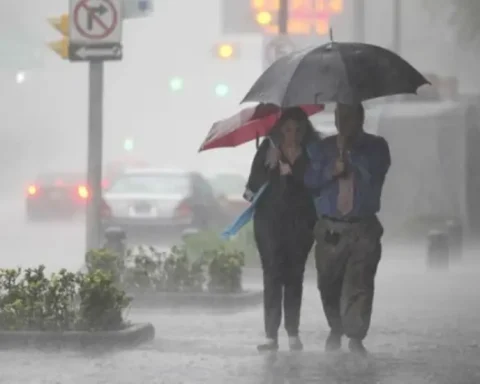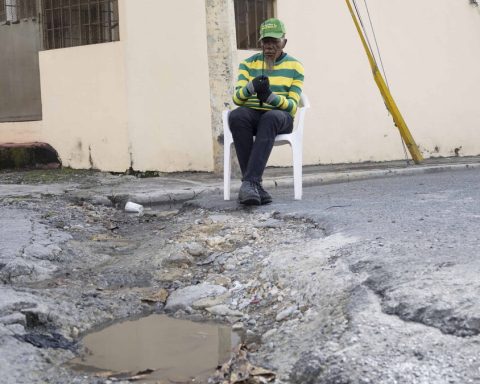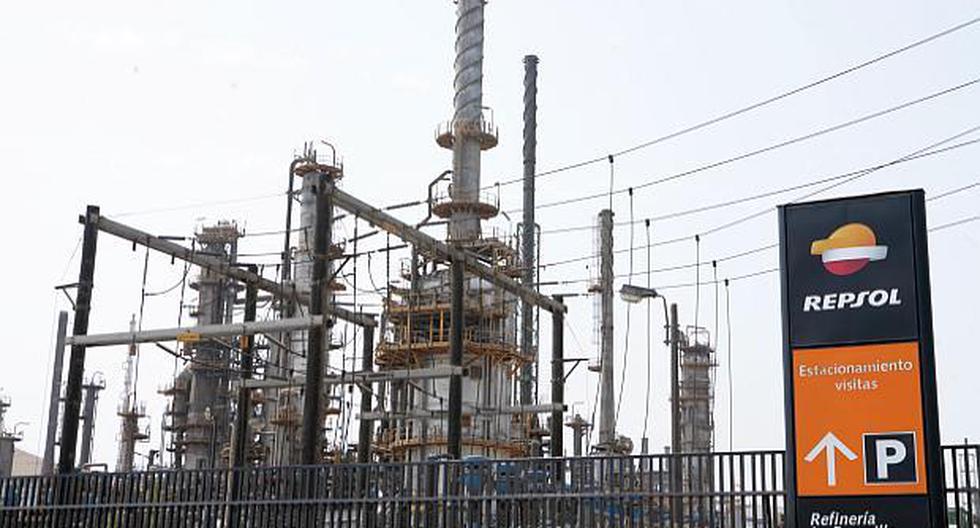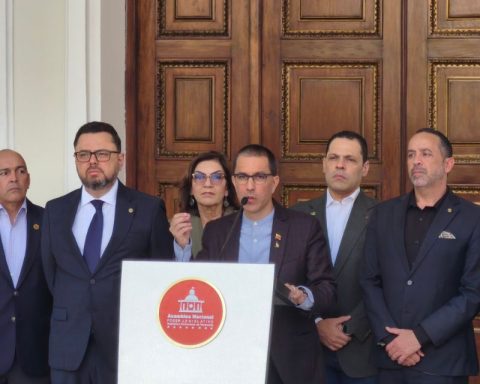As a result of hurricane fiona, various comments have been raised about the exposure of many Dominicans to the damage caused by this type of event. It has been said in this regard that the precariousness of the population is hidden, being highlighted when an event like this occurs. And added to this point of view is the criterion that the prosperity that seems to derive from the figures of economic growth, particularly the vigorous performance of the tourism sector, does not reach all social strata. In other words, it looks like Fiona would have unmasked a reality that we pretended to ignore.
There is no doubt that the aforementioned vulnerabilities exist, just as poverty also exists in our country. In fact, they are a consequence of the latter. And that the country has achieved a remarkable economic growth in the last decade, does not mean that it has ceased to be underdeveloped, with all the deficiencies and limitations that this condition implies. If we thought otherwise, that we had reached the level of countries that for years have had more advanced standards of living and social systems, it was a conceptual error that finds no basis in statistical data.
Development involves structural transformations that are not usually carried out in a short time. More often than not, growth initially occurs without altering underlying conditions, and may even aggravate economic disparities. In our case, this situation is accentuated due to the progressive arrival and presence of foreign immigrants in tourism, construction and agriculture, which allows maintaining low wages in these activities. Eventually, with appropriate public policies and immigration control, more equitable conditions could arise and the aforementioned vulnerabilities could be reduced, a task that should not be attributed to companies in tourism or other sectors.

















